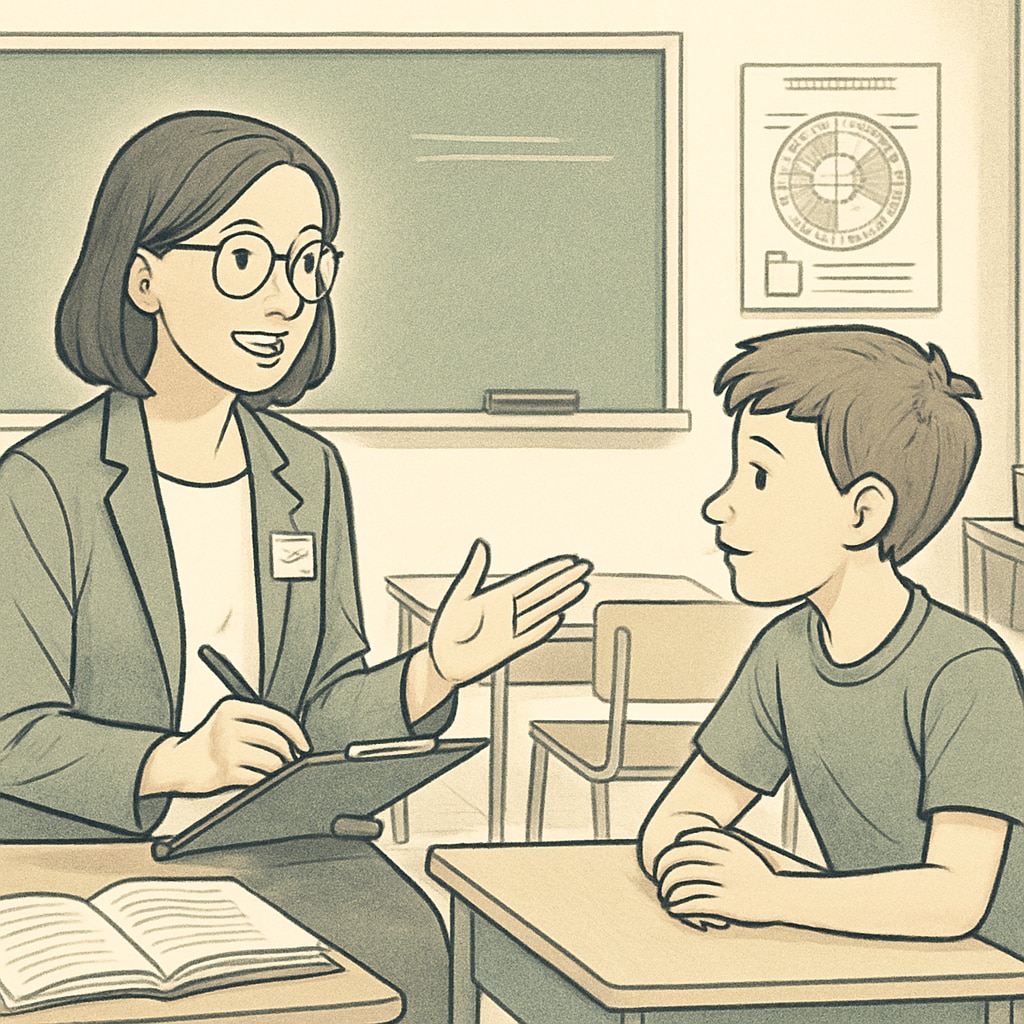Conducting interviews with K-12 school counselors can be a challenging yet rewarding component of graduate-level research. Graduate students often encounter difficulties in establishing contact with these key professionals due to structural barriers, scheduling conflicts, and communication gaps. This article explores the obstacles faced during such academic research assignments and provides a step-by-step guide to successfully connecting with school counselors for meaningful interviews.
Understanding the Importance of Interviews with K-12 School Counselors
K-12 school counselors play an essential role in shaping the academic and emotional development of students. For graduate students focusing on educational research, interviewing these counselors offers valuable insights into real-world practices, challenges, and innovative strategies used in schools. However, initiating these interviews requires careful planning and sensitivity to the counselors’ time and responsibilities.
Graduate researchers often underestimate the complexities of reaching out to school counselors. These professionals manage various tasks, including student counseling, parent communication, and collaboration with teachers, leaving them with limited availability for external commitments. Therefore, understanding their workload is the first step toward successful engagement.

Overcoming Barriers to Connecting with School Counselors
Several structural and logistical barriers can complicate the process of setting up interviews with K-12 school counselors. These include:
- Institutional Gatekeeping: Schools often have policies that restrict external researchers from directly contacting staff without prior approval from administrators or district officials.
- Scheduling Conflicts: Counselors juggle multiple responsibilities, making it difficult to find mutually convenient times for interviews.
- Communication Gaps: Emails or phone calls may go unanswered due to the counselors’ busy schedules or unfamiliarity with the research purpose.
To overcome these obstacles, graduate students need to employ a strategic approach. For example, obtaining formal approval from school administrators and clearly articulating the purpose and benefits of the research can increase the likelihood of cooperation.
Steps to Successfully Engage K-12 School Counselors
Here is a systematic approach to building connections with school counselors for academic interviews:
- Develop a Clear Research Proposal: Before reaching out, ensure your research objectives, questions, and methods are well-defined. A clear proposal builds credibility and helps counselors understand the value of your study.
- Secure Administrative Approval: Contact school or district administrators to seek permission for conducting interviews. Provide them with your research proposal and explain how the findings could benefit the education community.
- Craft a Professional Outreach Message: Use concise and respectful language when drafting emails. Introduce yourself, explain your research purpose, and suggest flexible interview formats (e.g., in-person, virtual, or phone).
- Be Flexible with Scheduling: Offer a range of dates and times to accommodate the counselor’s availability. Highlight your willingness to adjust to their schedule.
- Express Gratitude and Share Results: Thank the counselor for their time and provide them with a summary of your findings after the study. This not only shows appreciation but also encourages future collaboration.

Maximizing the Impact of Counselor Interviews
Once you successfully connect with a school counselor, ensure that the interview is productive and respectful of their time. Here are some best practices:
- Prepare Thoughtful Questions: Focus on open-ended questions that encourage detailed responses. Avoid leading questions or those that may seem judgmental.
- Record and Take Notes (With Permission): Use tools to record the conversation, but always seek permission beforehand. Supplement recordings with detailed notes to capture key points.
- Analyze and Apply Insights: Use the information gathered to strengthen your research findings and provide actionable recommendations for the education sector.
By following these steps, graduate students can create a collaborative and respectful relationship with K-12 school counselors, ensuring the success of their academic assignments.
Conclusion: Building Bridges for Educational Research
Connecting with K-12 school counselors for research interviews may seem daunting at first, but with the right strategies, it is entirely achievable. By addressing barriers, adopting a professional and respectful approach, and valuing the counselors’ time, graduate students can gain invaluable insights that enhance their understanding of the education system. These efforts not only contribute to academic success but also strengthen the bridge between research and practical implementation in schools.
Remember, the key to success lies in clear communication, mutual respect, and a genuine commitment to advancing educational practices.
Readability guidance: This article uses short paragraphs, bulleted lists, and clear language to improve readability. Transition words such as “however,” “in addition,” and “for example” are used throughout to ensure smooth flow.


